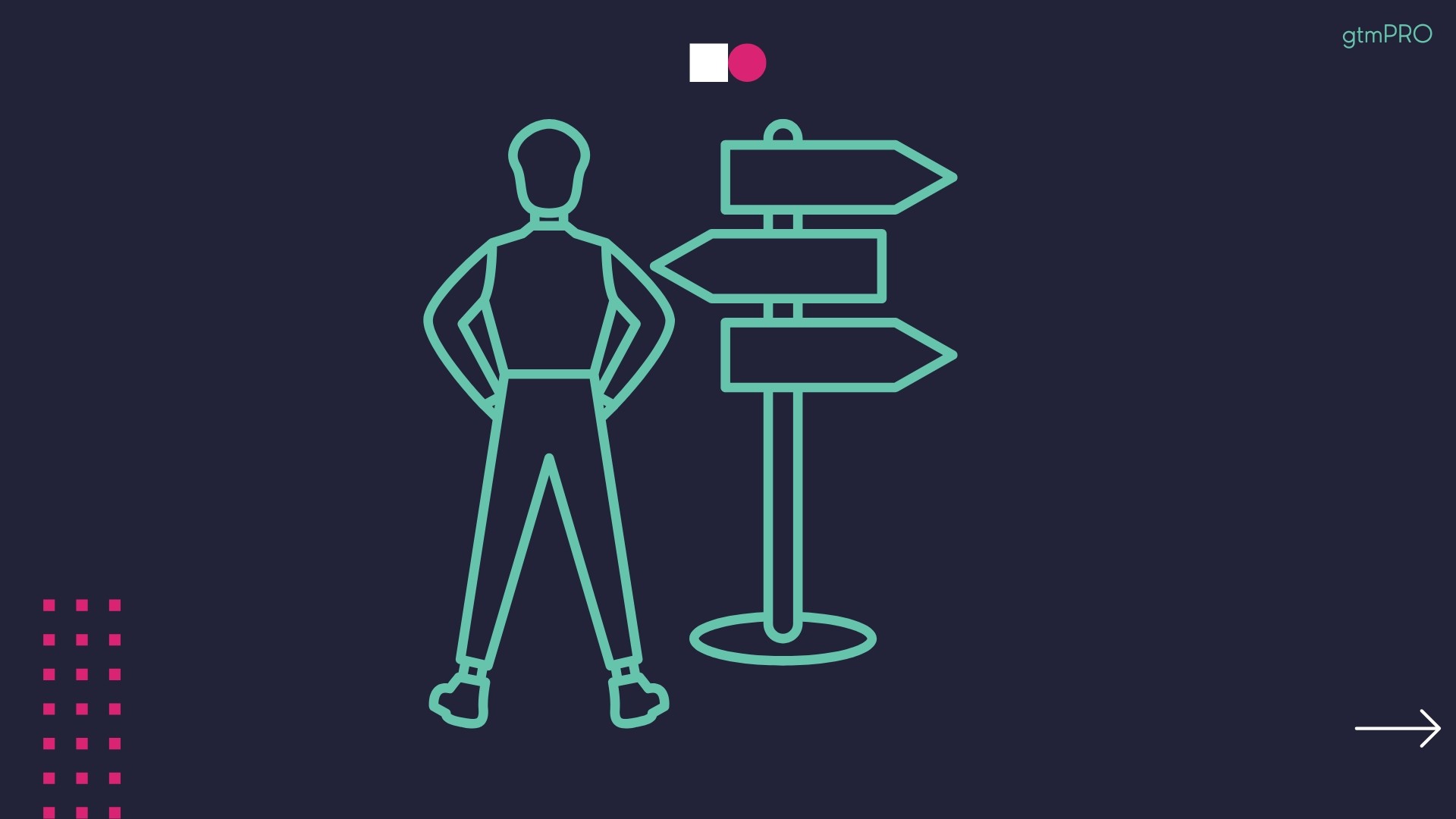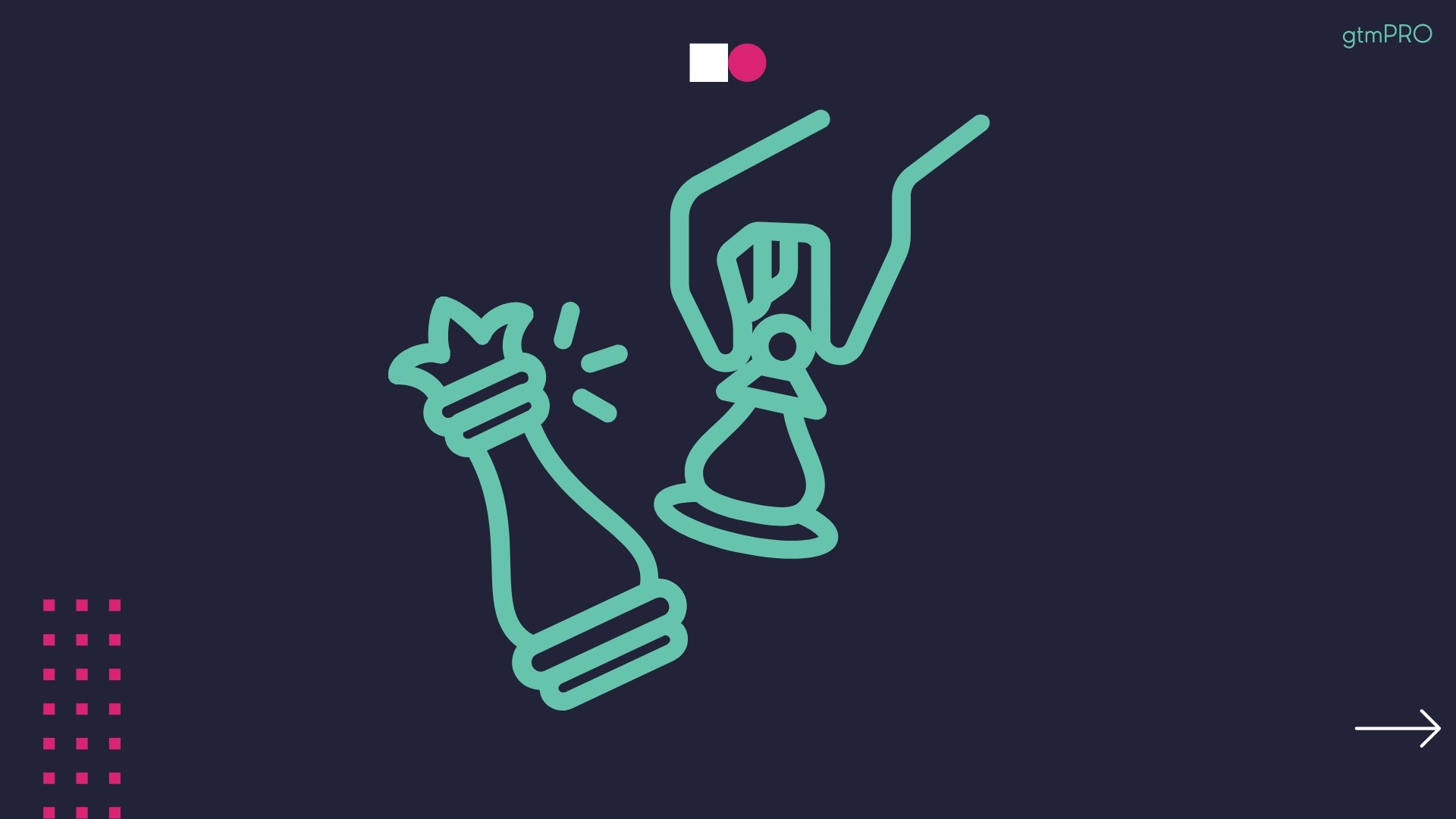Product Led Growth (PLG) for the Lower Middle Market
When Mark Roberge joined HubSpot, it was a 3-person startup. An MIT engineer by training, he was hired to build a "repeatable, scalable revenue engine." He had zero experience doing so.
Mark and his team went on to take HubSpot to $100MM in revenue and beyond. The rest, as they say, is history.
Today, Mark is the co-founder of Stage 2 Capital, an early-stage VC firm that provides extensive Go-to-Market guidance and capital to B2B software companies.
Mark is a big believer in Product Led Growth; however, he is also a pragmatist (must be the engineering background). Therefore, he and the Stage 2 team created a PLG Playbook that outlines the core ingredients for PLG success.
Although this guide was written for early-stage startups (i.e. those in the product-market fit stage), nearly all of this playbook can be applicable to more mature companies in the lower middle market.
Why We Like It
Although it is at the end of the resource, Mark outlines the characteristics of an industry/segment that are favorable for PLG.
We encourage companies in the lower middle market to spend A LOT of time here. Get this right and the rest is feasible.
The playbook outlines the 4 sequential metrics to PLG success. Notice we said sequential. You must accomplish the first before moving onto the second.
Mark also outlines operational rhythms and org structures necessary for PLG success. Keep in mind that these recommendations are catered to early-stage, high growth startups vs more mature companies in the lower middle market.
How to Apply It
Before diving into developing a PLG motion, first answer the questions, can you? Should you?

Once your Product and GTM teams have identified a PLG "Offer" that will work in your market, carefully plan how the team will work through the sequential proof points.

It is at this point that we can begin to consider the implications on the org structure. Until then, it is ideal to maintain a "SWAT team" who has the ability to focus, test and iterate on the PLG offer and retention metrics and movements.
Caveats
Starting with PLG is hard. Adding PLG is exponentially harder. But the potential rewards are massive. You just have to be realistic about what it takes to build a successful PLG motion.
Mark, in his words, outlines the two primary pitfalls for adding PLG to a sales-led company.
I can think of many companies that tried to add PLG after reaching $10M in ARR through a sales-led model, I can’t think of anyone that succeeded. The reasons for failure in these situations are twofold:
Unwillingness for the organization to put enough value into the free version of the product for fear of cannibalizing the current revenue stream.
Poor selection of an optimal temporary “sandbox” for the growth team to experiment and learn in while minimizing impact to the core business model.
Keep in mind that Mark's experience with companies at $10mm ARR is predominantly with "hyperscale" startups that MUST double/triple revenue year-over-year.
Lower middle market companies typically target 15% - 30% year-over-year growth and therefore, if they have the fortitude, have a better potential for PLG success.






